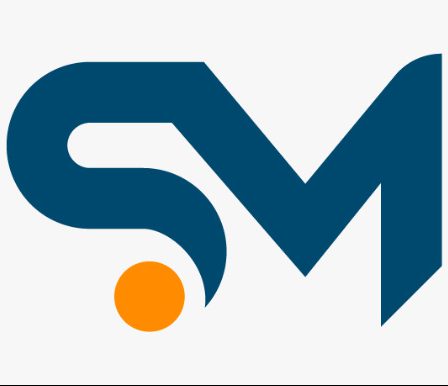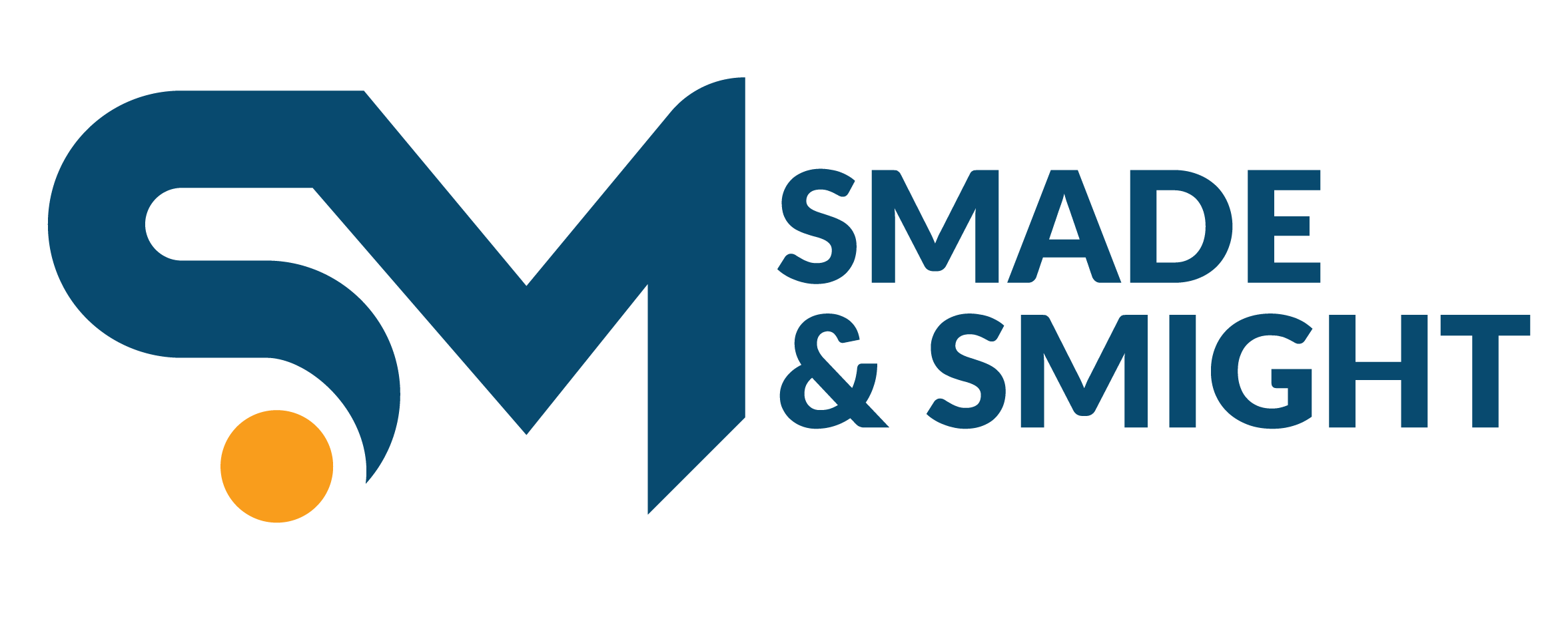Data rooms have become the standard in the M&A industry, as well as other business activities such as capital raising rounds or an initial public offering (IPO). They are highly efficient document sharing tools that facilitate secure and well-organized data exchanges between different parties. As compared to cloud storage apps and other file sharing solutions, they are more user-friendly and provide superior features in terms of privacy, security, and collaboration.
In addition to standard industry-leading encryption, data room providers offer an extensive logging and reporting functionality that ensures that all actions taken within the platform are recorded. This includes access times and the documents that were examined and how many times. The data is also backed up in multiple locations and accessible to be retrieved even after the deletion of files. Other security features of a Virtual Data Room include dynamic watermarks for documents that are downloaded and printed and documents, role-based permissions for two-way sync, automatic indexing, and virus scanning.
The latest features that facilitate efficient collaboration in a room for data include an organized folder structure including search functions, various languages, and a comments section that allows users to post their questions to other members. This allows all members of the team to communicate efficiently and accelerates decision-making. Additionally, data rooms allow for granular user restrictions/permissions and allow for the monitoring of all login activity by checking IP, device and location to prevent unauthorized data access. They are also an ideal tool for protecting intellectual property because they can prevent the leakage of sensitive information throughout the process of negotiating with features like watermarking. Limitations on downloads and screenshot prevention.


